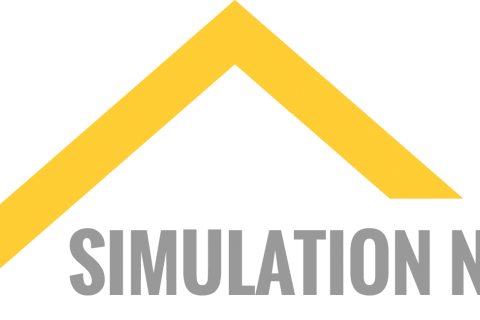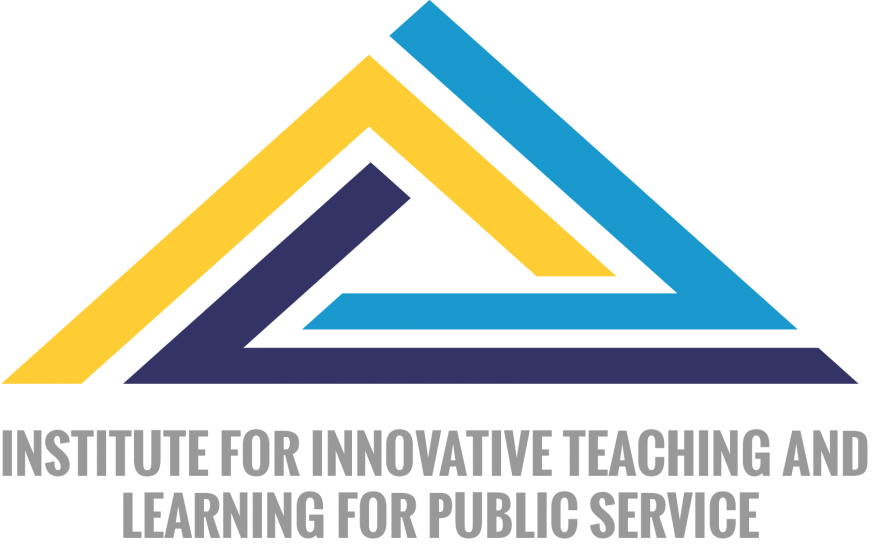
Pandemic Simulation Resources
Here you will find information related to the release of the Pandemic Simulation designed by UVA Frank Batten School Center for Leadership and Simulation Gaming. Included is a Frequently Asked Questions section, a webinar recording, and useful links on utilizing the tool. The Pandemic Simulation is a practical web-based application that can be used either in a physical classroom or a virtual one. If you are interested in learning more about how you can use the Pandemic Simulation at your university or organization, please email us at competition@naspaa.org.
This original participatory simulation was used during the annual NASPAA-Batten Student Simulation Competition, a day-long event that challenges graduate students in public policy, administration, political science, and related fields to test their skills on real-world data. Simulations give participants a chance to employ their knowledge in a realistic situation, and an opportunity to hone skills in leadership, negotiation, and critical thinking. Through the use of these simulations, NASPAA seeks to empower schools, students, and teachers to go beyond conventional modes of learning and utilize digital platforms aimed to enhance the classroom experience and revolutionize curriculum.
Instructional Webinar Recording
During this webinar, we took a deep dive into the Pandemic Crisis Management simulation developed by our partner, the University of Virginia Frank Batten School of Leadership and Public Policy Center for Leadership Simulation and Gaming (CLSG). The webinar delves into best practices surrounding use of the simulation in the virtual and in-person classroom settings. We also covered how teaching with simulations can tie-in to program assessment and the NASPAA universal competencies.
The Pandemic Simulation is available for classroom use AT NO COST.
Webinar Powerpoint Presentation
Webinar presenters include:
- Dana Harsell - Professor at University of North Dakota
- Laurel McFarland - Executive Director of NASPAA
- Supriya Golas - Director of Simulation Education at NASPAA
- Ruby Nwaebube - Research Analyst at CLSG
Frequently Asked Questions
Currently, use of the Pandemic Simulation is absolutely free! It is the desire of the UVA Frank Batten school and NASPAA to make this tool available to anyone, and to avoid putting a price on a timely and impactful educational tool.
The Pandemic Simulation is a great starting point in your classroom discussions regarding public policy, administration and management during a pandemic. Check out these resources to encourage further reading/ research by your students.
-
Covid19 Articles, Reports and Other Materials
This is a regularly updated excel file of materials faculty may find useful in using to teach about Covid19 in their coursework. Compiled by LBJ School of Public Affairs Research Assistant Austin Cruz and NASPAA Staff.
-
Local Government Response Resource Bank
Resources compiled by What Works Cities
Content is organized in four sections: (1) Expert-recommended Guidelines & General Updates, (2) WWC Network Resources & Other Local Government Support, (3) Local Actions — organized by policy decision, and (4) Op-Eds & Commentary Specific to Local Government.
We're glad to hear you're interested! To get started, just email us at competition@naspaa.org.
The simulation works with anywhere from 2-20 students.We recommend at minimum of four students to reap the full educational benefits of the tool. You can run multiple simulations to allow classes larger than 20 students to participate.
Yes! The simulation can be run in online courses, though is made to be run synchronously. Dr. Dana Harsell discusses in the webinar above how he managed to run the Pandemic Simulation in his course once it went online due to COVID-19.
The Pandemic Simulation is designed for synchronous courses.
While the simulation itself does not include social equity into the parameters of the simulation, it does work as a great starting point for discussions on the disparate impact of policies and the ethics of implementing them. For example, the simulation does allow for the shutting down of schools and public transportation. You can include in your course readings and follow up discussion on the pandemic how such policies have a greater impact on those populations who rely heavily on public transportation or do not have the resources for childcare when schools are closed.
Additional Resources
-

UVA Frank Batten School CLSG
The CLSG website, housing much more information on the Pandemic Simulation as well as other simulation games that they have designed.
-

Related Scholarly Works
The Pandemic Simulation is a great starting point in your classroom discussions regarding public policy, administration and management during a pandemic. Check out these resources to encourage further reading/ research by your students. This is a regularly updated excel file of materials faculty may find useful in using to teach about COVID-19 in their coursework. Compiled by LBJ School of Public Affairs Research Assistant Austin Cruz and NASPAA Staff.
-
Video Interviews Related to COVID-19
Check out NASPAA's Online Resource compiled for programs to use in discussing COVID-19 in their coursework, including a series of video interviews conducted by Professor Don Kettl of the LBJ School of Public Affairs.
-

Learn more about NASPAA Simulation Network
The Simulation Network (the Network) is one of NASPAA’s newest and most immersive projects. The purpose of the Network is to promote greater collaboration among universities and institutions committed to simulation-based classroom learning around the globe. The Network is part of a broader initiative to promote innovative policy analysis and decision making in the public sector through technology and data. In order to achieve this mission, NASPAA and the Simulation Network seek to empower students and professors in public affairs to employ data driven technologies in the classroom, and go beyond theoretical, conventional modes of learning.
-

NASPAA-Batten Student Simulation Competition
The NASPAA-Batten Student Simulation Competition is an annual day-long event that allows graduate students in public policy and related fields to test their skills on real-world data. Each year, the Center for Leadership Simulation and Gaming develops an original participatory simulation specifically tailored for students of public policy and administration. The simulations give participants a chance to employ their knowledge in a realistic situation, as well as an opportunity to hone their skills in leadership, negotiation, and critical thinking.
-

Simulation Training Videos from NASPAA's 2019 Annual Conference
Simulations are an exceptional tool in public affairs studies for innovative teaching and learning. The Center for Leadership, Simulation and Gaming of the Frank Batten School at the University of Virginia has developed incredible simulations that have been used in classrooms as a tool to teach system dynamics, complex international relations, and more! Thanks to our incredible presenters at the 2019 NASPAA Conference in LA, we have some amazing modules on how you can add simulations to your classroom.


